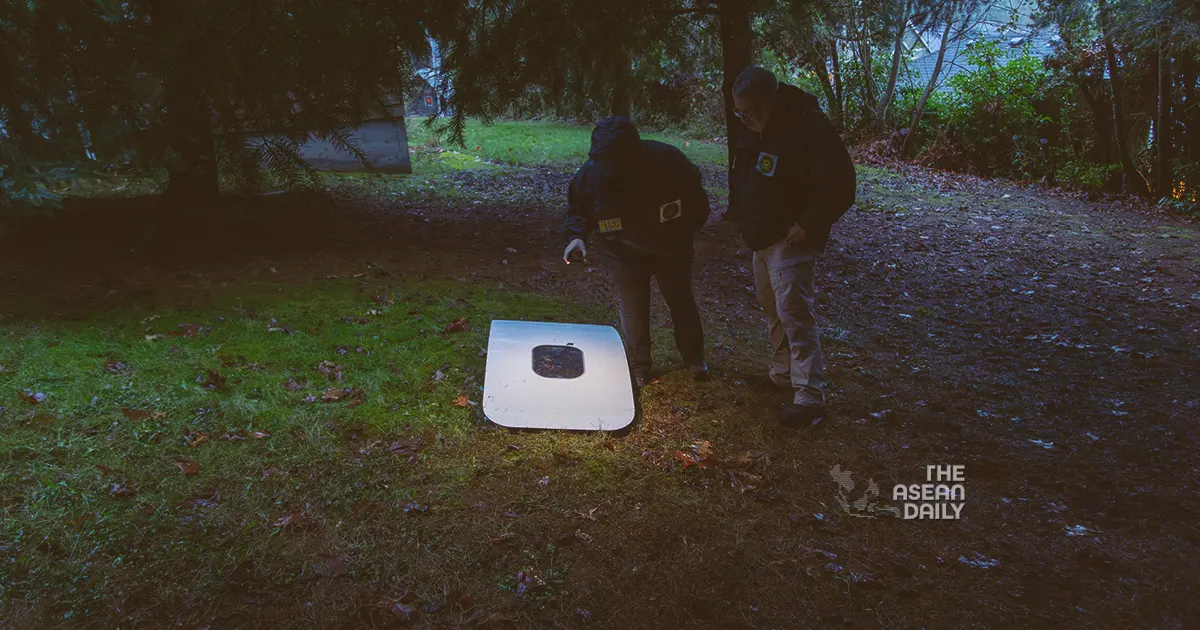9-1-2024 (WASHINGTON) Loose bolts have been discovered on multiple Boeing 737 Max 9 aircraft, according to United Airlines on January 8. This comes after a cabin panel blew off an Alaska Airlines-operated plane during a mid-flight incident on Friday. United Airlines found issues related to the installation of several panels that were being inspected following the accident. The revelation raises concerns about the production process of 171 Boeing Max jets, primarily operated by US carriers Alaska and United Airlines, which have been grounded for safety checks.
The news had a significant impact on Boeing’s stock, which plummeted by 8% on January 8. This latest setback has caused Boeing to fall behind its competitor Airbus, as the company continues to face production delays in its efforts to recover from the prolonged 737 MAX safety grounding in 2019.
Both the US Federal Aviation Administration (FAA) and Boeing declined to comment on the reports of loose bolts. United Airlines stated that since the preliminary inspections began on January 6, instances related to installation issues in the door plug, such as bolts requiring additional tightening, have been found. The airline’s Tech Ops team will address these findings to ensure the safe return of the aircraft to service. On the other hand, Alaska Airlines has yet to find any loose bolts as their inspections have not yet commenced.
The FAA granted approval on January 8 for airlines to conduct inspections on grounded jets, using a process approved by Boeing. However, both Alaska and United Airlines are still awaiting another FAA approval before they can begin their inspections. The thorough inspections of the 171 MAX planes are expected to take several days, resulting in numerous flight cancellations.
On January 6, the FAA ordered the temporary grounding of MAX 9 jets equipped with a 27kg panel, known as a plug, following an incident where the panel detached from an Alaska Airlines flight, crashing into a Portland suburb without causing harm. The plug serves to close a hole that could be used as an additional emergency exit door, particularly on planes with a relatively high seating capacity.
Boeing issued detailed instructions, approved by the FAA, to air carriers on January 8. Alaska Airlines stated that it requires approval from US regulators to ensure compliance with operators’ inspection processes. Additionally, the airline needs to develop detailed inspection instructions for its technicians to follow.
The FAA stated that the planes will remain grounded “until operators complete enhanced inspections which include both left and right cabin door exit plugs, door components, and fasteners.”
The setback has also affected Boeing supplier Spirit AeroSystems, whose shares fell by 11%.

The incident involving Alaska Airlines occurred when the pilots turned the plane around due to depressurization after the door plug tore off during the flight. The flight safely returned to Portland with 171 passengers and six crew members on board. Despite the oxygen masks deploying and personal items being sucked out of the resulting opening, no major injuries were reported.
The panel was discovered on January 7 in the backyard of a Portland resident, identified only as “Bob” from the Cedar Hills neighborhood. The US National Transportation Safety Board (NTSB) Chair Jennifer Homendy confirmed the recovery of the panel.
Homendy stated that the structures team will inspect all components on the door, including witness marks and paint transfer, in order to assess the condition of the door when it was found. She revealed that the force from the panel’s loss was powerful enough to blow open the cockpit door during the flight, as reported by the pilots who were interviewed by investigators.
Homendy also called on regulators to mandate the retrofitting of existing planes with recorders capable of capturing 25 hours of data, an increase from the current requirement of two hours in the US.
Boeing and Spirit have been grappling with ongoing production setbacks over the past few years. Since the grounding of the 737 MAX in March 2019, Boeing’s stock has fallen by over 40%, while Airbus shares have risen by 25%.
Alaska Airlines canceled 141 flights, which accounted for 20% of its scheduled departures, on January 8. The carrier expects travel disruptions to last until at least mid-week. United Airlines, which has grounded its 79 MAX 9s, had to cancel 226 flights on Monday, representing 8% of its scheduled departures.
Out of the 171 aircraft covered by the grounding order, 144 are currently operating in the United States, according to data from aviation analytics firm Cirium. Turkish Airlines, Copa Airlines of Panama, and Aeromexico have also announced the grounding of affected jets.




